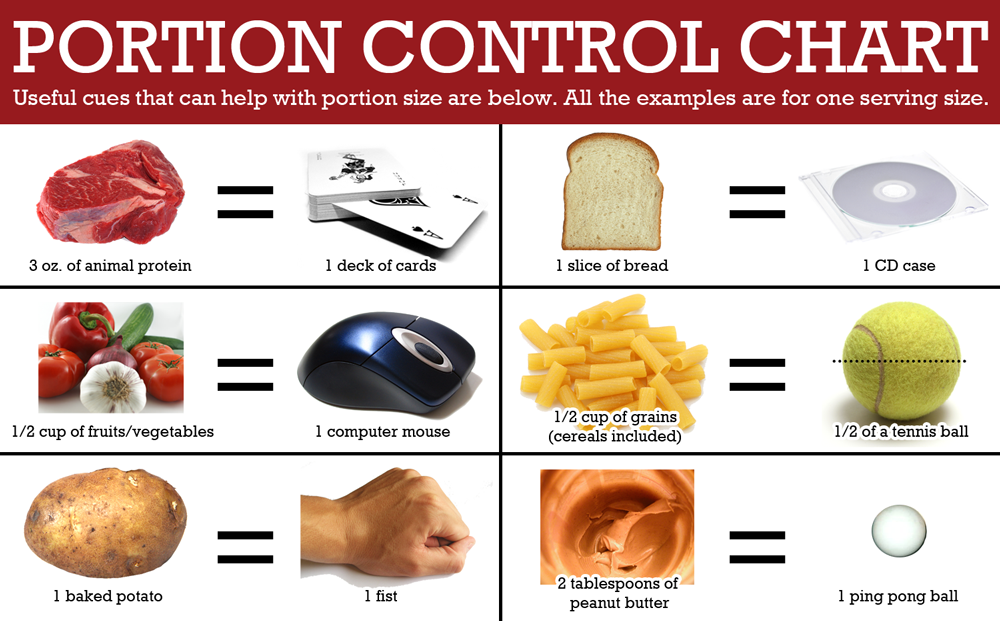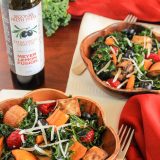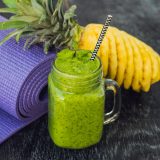Tips for Healthy Living: Exercise Nutrition

Geri Wohl, CNC www.bettereatingcoach.com
Spring is here and summer is around the corner. Maybe you have noticed a few extra pounds around the middle and are embarking on a new exercise routine. Perhaps you have decided to train for an event like a long distance swim, 1/2 marathon or century ride. What you consume and when to fuel your body are just as important as your training.
We all know that exercise requires energy. Just as gasoline fuels our cars, food fuels our bodies. When one puts in a lower grade fuel, the engine responds sub-optimally. So too, our bodies react when less nutrient dense foods are eaten. To perform at our optimal potential, we want to give ourselves the full benefit of nutrient dense foods that will provide us with the building blocks for new and stronger muscles and fuel our cells. In addition, we want our food to provide vitamins and minerals allowing our bodies to recover and become stronger.
Let’s look at how we generate and use food as fuel. The basic components of food break down into carbohydrates, proteins and fats. Carbohydrates are foods that break down into sugars. They include grains, legumes, vegetables and fruits. Some carbs are better for us than others. Foods that break down into simple sugars provide glucose to the body very quickly. Complex carbs take longer to break down into simple sugars and release sugar slowly over a longer period. Carbohydrates are absolutely essential to provide energy to the athlete. When carbs are consumed, any excess is stored in the form of glycogen in the muscles and liver. When the body needs more glucose, it signals the release of glycogen and its conversion to glucose. However, we can use up our glycogen stores and then the body requires another energy source.
When our primary energy sources, glucose and glycogen, are spent, the body will break down fat next. Fats have about double the stored energy as sugars and protein. However, fats consumed during exercise won’t benefit immediate athletic performance as they take longer to break down.

Photo credit: lululemon athletica
Finally, proteins are important in forming new muscles, hormones and enzymes. When glucose/glycogen stores and fats are consumed, the body will look for the next energy source. You may also experience “hitting the wall” or “bonking.” These feelings occur when the body has used up its energy stores and is a signal that new energy is needed. If no new energy is provided, the body will break down muscle to use as fuel. This process of catabolism is unhealthy and alternate fuel sources need to be provided.
Here are some practical suggestions for fueling ourselves for optimal performance.
Pre-workout: Eat about 1-2 hours prior to exercising to provide fuel and avoid an upset stomach. Never exercise on an empty stomach. If exercise is first thing in the morning, try to have a quick source of energy that is a mix of carbs and protein, such as a banana or apple and yogurt. For more about protein, see my article http://www.bettereatingcoach.com/72412-benefits-of-breakfast.html. Make sure that you are hydrated by drinking water throughout the day.
During exercise: Unless your workout is over 90 min., no food is required. However, hydration is essential. Drink at least 1/2 cup water for each 15 min. of exercise. If your exercise regimen is longer than 1 hour, you may need to replenish electrolytes. Instead of sugar-laden energy drinks, try coconut water. If exercise lasts longer than 90 min., consume a combination of simple and complex carbs to provide energy. Small amounts of easily digestible protein can also be consumed.
Post-workout: After exercising is an extremely important time to recover and refill your energy reserves. Have complex carbs within 30 min. after exercise to provide energy back to the cells. Equally importantly, consume protein to help in muscle repair. As the body has been stressed, eat foods rich in anti-oxidants to neutralize free radicals.
Other factors to consider in making nutrient dense food choices:
- Eat alkaline foods to help counteract acid (e.g. lactic acid) that forms in the body. An acidic environment may cause fatigue, joint pain and muscle stiffness. An alkaline body, on the other hand, is more restorative. For more about alkaline foods, see my article, http://www.bettereatingcoach.com/121112-its-good-to-be-green.html.
- Foods rich in chlorophyll assist in the detox process and help with anti-aging. Chlorophyll is also important in creating a more alkaline balance. Best sources for obtaining chlorophyll are the dark leafy greens.
- Fiber-rich foods aid in cortisol stabilization by regulating insulin. Excess cortisol inhibits the body’s restorative processes. Dietary fiber also is beneficial for digestive health.
- Flax has one of the highest levels of omega-3 fatty acids of the non-animal foods. Omega 3s are important for their anti-inflammatory properties. They also assist in the metabolism of fats.
- B vitamins are crucial components in energy production. They also play a role in the manufacture of red blood cells.
- Vitamin C supports many aspects of our health including support of adrenals for stress reduction and collagen and energy production.
- Consumption of lean proteins such as fish, chicken and legumes helps us to replenish important amino acids to create new cells in the body.
Whereas fats aren’t essential pre-workout, during exercise or post-workout, they are important components to any diet and are needed for the healthy functioning of all our cells.
Remember to avoid processed and refined foods which have been stripped of many healthy nutrients. Highly processed, sugary foods are nutrient poor and provide little nutritional value. For a nutritious breakfast, try my vegetable frittata recipe at http://www.bettereatingcoach.com/recipe-late-springearly-summer-2012.html.
Here’s to improved workouts!
(c) Geri Wohl, CNC











